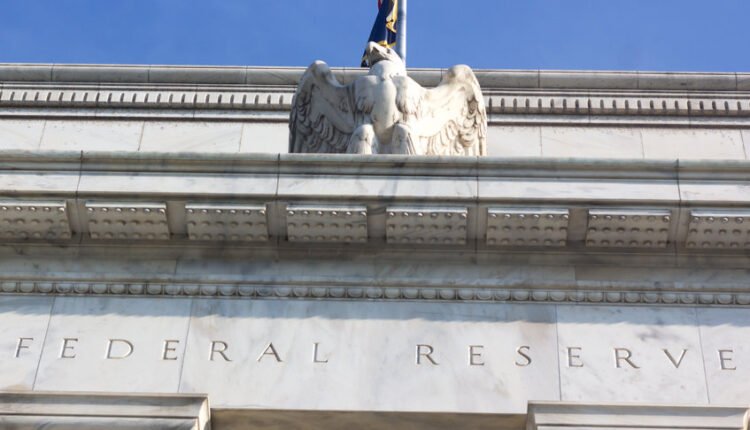[ad_1]
Federal Reserve officials and several other groups of employees will not be allowed to trade stocks, bonds and crypto such as Bitcoin starting May 1
Senior officials will need to give a 45-day notice and receive authorisation before trading any securities.
The restrictions were announced last October but have just been formally adopted.
The US Federal Reserve has officially prohibited Federal Open Market Committee (FOMC) members, senior staff and other employees from engaging in trading stocks, bonds and cryptocurrencies.
The move follows an earlier announcement released in October 2021, and which the central bank formally adopted on Friday, February 18, 2022.
The restrictions are set to take effect on 1st May and will see senior Federal Reserve officials barred from acquiring individual stocks or sector funds. The ban extends to individual bonds, commodities, agency securities, cryptocurrencies, and foreign currencies, the press release added.
Among other requirements, senior central bank officials will from 1 July, be expected to give 45-day advance notice before they undertake any trades involving securities. The purchase or sale will only proceed after the officials receive prior approval, and investments must be held for at least a year.
No purchases or sales will be allowed for Fed officials in “periods of heightened financial market stress.”
All officials listed in the notice have 12 months from 1st May “to dispose of all impermissible holdings,” while those to come under the restrictions at a later date will only have six months to dispose of such holdings.
Who else is prohibited?
Apart from FOMC members and regional Fed presidents, the restrictions affect research directors, FOMC staff officers, managers, and a cadre of other employees, their spouses and minor children.
Other staff will be added to this list after further review, the notice clarified.
Why the restrictions?
According to the release, the Fed seeks to inculcate “confidence” in the public regarding the impartiality and integrity of its officials.
The ban is also meant to guard “against even the appearance of any conflict of interest,” which has certainly been the view of many after several high-profile cases of alleged insider trading activity touching on Fed officials.
[ad_2]
Source link



